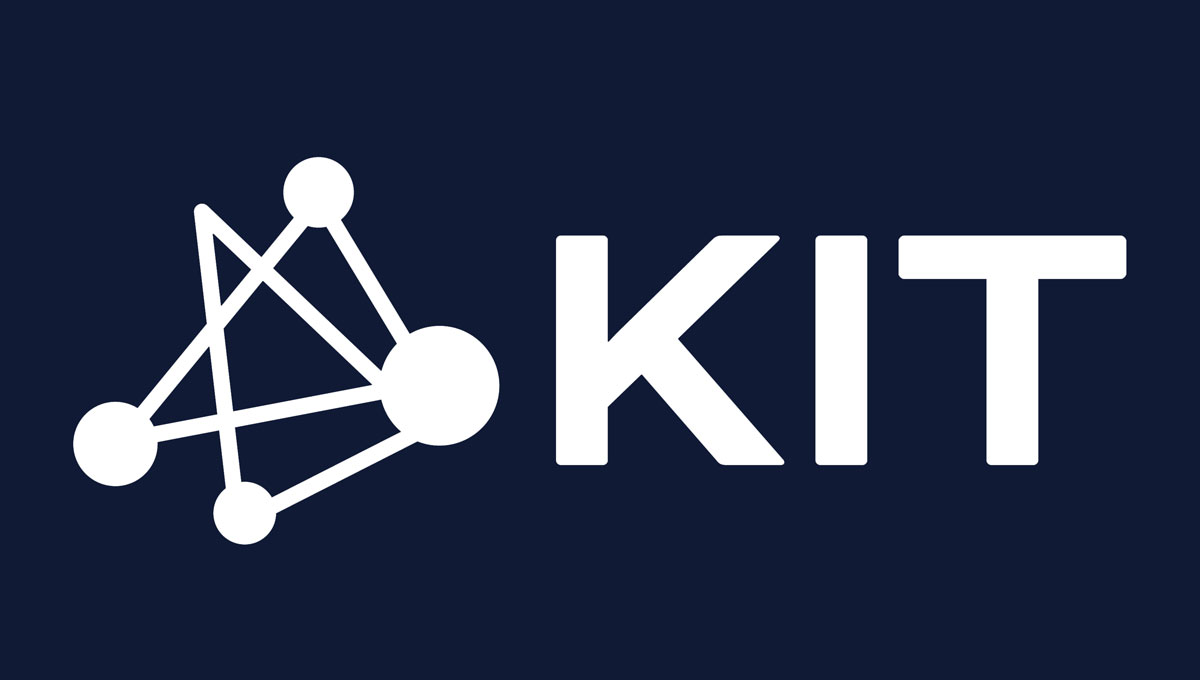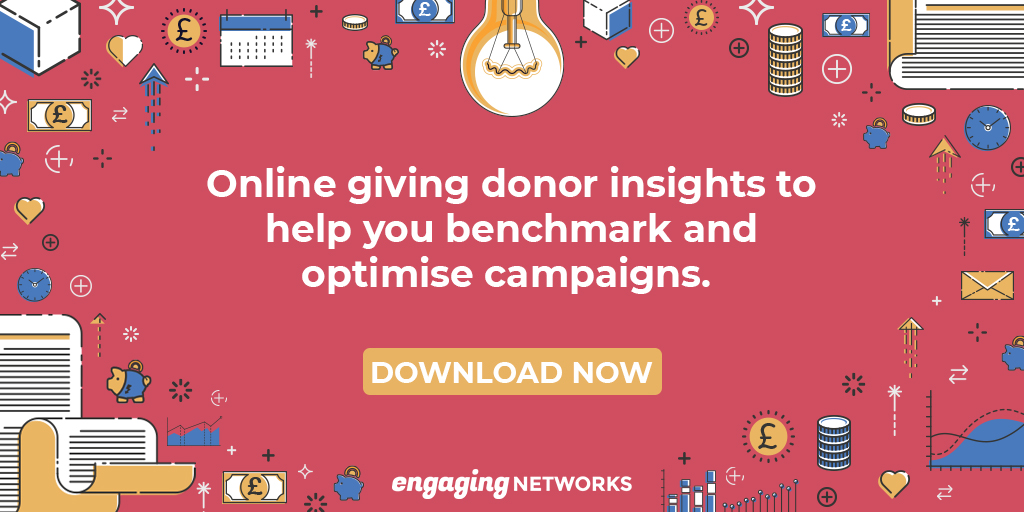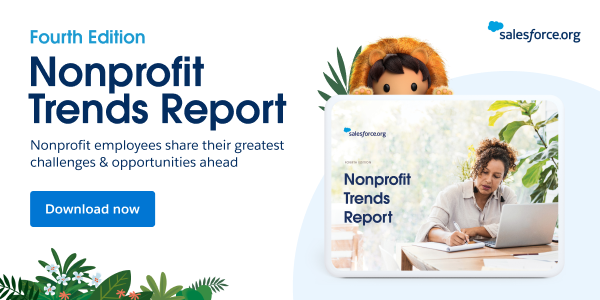5 tips for your next fundraising job interview

Landing a job interview can be a significant step in advancing your career. However, success depends on more than just your ability to fundraise—it’s also about finding the right organisation that aligns with your values and offers a conducive environment for you to thrive.
Before your next fundraising interview, review these five steps to ensure you’re prepared:
1. Review the organisation’s online presence
An organisation’s website is a window into its professionalism and how it engages with stakeholders, including donors. Before your interview, spend time exploring the site.
Advertisement
Evaluate how easy it is to find key information, such as donation pages, impact reports, and recent news. If the website is outdated or difficult to navigate, this might signal a lack of attention to detail, resource constraints, or an opportunity for improvements.
An organisation that invests in its online presence will likely value communication and donor engagement—both critical elements for a development team’s success. If you find areas that could be improved, consider bringing them up in your interview as constructive suggestions. This will show that you’ve done your homework and are ready to contribute from day one.
2. Evaluate the donor experience
As a member of the development team, it’s crucial for you to understand the donor experience firsthand. Consider making a small donation through the organisation’s website to see how the process unfolds. Pay attention to the ease of the donation process, the promptness of the acknowledgment, and whether the experience is user-friendly.
If the donation process is cumbersome or the follow-up lacks professionalism, it could indicate underlying challenges in the organisation’s fundraising operations. This information will help you prepare for your role and give insight into areas that may need improvement.
3. Research leadership and key staff members
Understanding the people you’ll potentially work with is vital. Use the organisation’s website and LinkedIn to identify key figures within the development team (if there is one!) and the broader leadership team. Pay special attention to their tenure and career progression. High turnover could be a red flag, indicating possible issues with the organisational culture or management style.
Andrew Polter, CFRE, once shared “Find out who you’re going to spend time with during your interview. Look at their LinkedIn profiles and try to deduce what their responsibilities are, how they fit into the larger organisational structure, and understand if there are any relationship dynamics between them and your other interviewers. Also, it won’t hurt to see if you have any mutual connections with these individuals. After all, if you’re in the same career field, there’s a potential likelihood you may share some connections worth noting.”
Also, perform a thorough online search for any publicly available information about these individuals. This will not only help you identify potential red flags but also give you a deeper understanding of their professional backgrounds, which could be useful during the interview. Knowing who you may be working with will help you assess whether the team dynamic is likely to be supportive and collaborative.
4. Analyse the organisation’s financial health
As a fundraising professional, the financial stability of the organisation you’ll be working for should be a top priority. Dive into the last three years of its annual reports to assess its financial trajectory. Look for trends in revenue, donor retention, and program funding.
If you notice a decline in donations or programs being cut, it’s essential to understand why.
During your interview, don’t hesitate to ask about these financial trends. Ask questions to show you’re invested in the organisation’s success. For example, “I noticed a decrease in individual giving over the past three years—what insight can you share about this data and how is the organisation strategising to address any issues?”
5. Prepare targeted questions
Your interview is as much an opportunity for you to evaluate the organisation as it is for them to assess you. As you research, make note of any questions you have regarding the organisation’s mission, financial health, fundraising strategy, and team dynamics. Bring these questions with you to the interview.
Focus on questions that will provide clarity on the organisation’s expectations and challenges, especially in your role on the development team. Ask about their fundraising goals, the resources available to achieve these goals, and how success is measured.
Jennifer Atkinson, CFRE, once shared “I recommend asking what success looks like for the role, aside from exceeding the revenue target. As a fund development professional, our primary goal is to develop philanthropic partnerships that further the mission of the organisation, but an answer to this question can provide a lot of additional insights for a candidate. It might provide a sense of the frameworks set in place to support your work (if you’ll be building from scratch, or if there’s a strategy in place). It could also shed light on some of the challenges and opportunities unique to the organisation. All of this information will help you determine if the role is a good match for your skills and experience—beyond what’s written in the job description.”
Remember: Thoughtful questions will demonstrate your commitment to the role and help you determine if the organisation is the right fit for you and your career goals.
Knowledge is power
Preparation is key to ensuring that the organisation you choose to work for aligns with your professional values and goals. By reviewing the organisation’s online presence, evaluating the donor experience, researching the team, analysing financial data, and preparing thoughtful questions, you’ll walk into your next interview confident and well-prepared. Remember, the more you know before you accept a position, the better equipped you’ll be to succeed.
CFRE International







